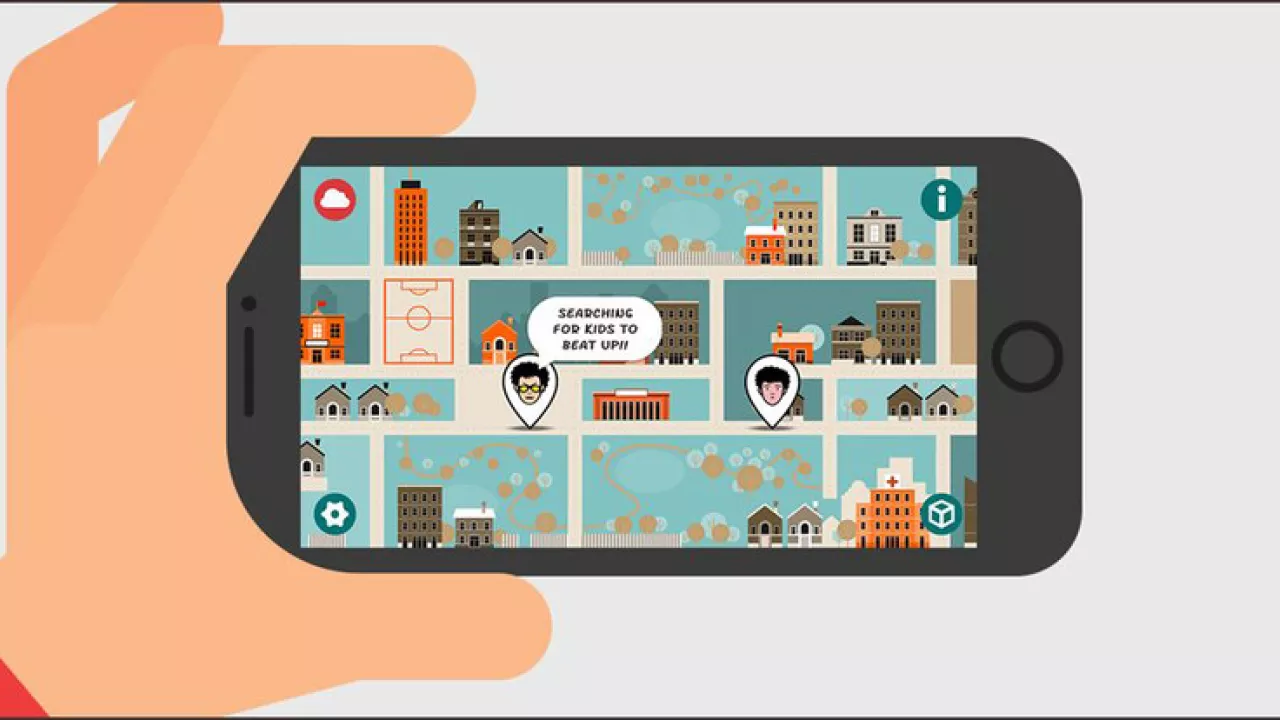Keep Me Safe in Europe
Keep Me Safe in Europe
Background
Start Date: Oct 2014 End Date: Sept 2016 Status: Completed
Europe is about free movement of people, and young people are on the move for education, volunteering and employment. This project was motivated by a gap identified in young people's intercultural knowledge of early routes to help for neglect and abuse in their host countries. There is no uniformed child protection system in place within the EU to keep children and young people safe from harm. Although a key priority of the EU is focused on mobility, child protection systems are not identical, creating a stumbling block for young people seeking access to services with neglect and abuse. Readily available early help for children and families can stop problems escalating and prevent maltreatment before it occurs, but most children in need cannot easily access services. The Keep Me Safe project addressed this issue by enabling EU young people to discuss abuse and neglect and gain awareness of the support available to them, as well as contribute to the development of the e-learning tool and how to guide.
Aims
The overall aim of the Keep Me Safe project is to develop a game-infused e-learning tool designed by young people for young people. The tool will promote early access to services for young people to help with neglect and abuse. It will also promote best practice among European professionals to ensure they recognise the issues from the perspectives of young people as they move across Europe.
Methods
The key activities organised by the project were:
- Recruiting and delivering workshops for young people in UK, Greece and Cyprus
- Delivering 3 transnational meetings, one in each of UK, Greece and Cyprus
- Delivering a multiplier event in London at the end of the project
- Creating an e-tool and associated guide
- Forming a critical methodology that describes the process of recruiting and training young people to input into research projects such as Keep Me Safe
Impact
The impact of the Keep Me Safe e-learning tool is evidenced by its usage and acclaim in the safeguarding and youth research communities: the Abused no More (AnM) project, which aims to allow better integration of marginalised youth, was an early adopter of the e-learning tool, and the Keep Me Safe project itself was shortlisted for the Research of the Year Award at the 5th Annual ARS Research and Youth Leadership Awards 2016 in London.
This project had a noted impact on partners by enabling the development of previous work in the fields of youth engagement and research, safeguarding, and understanding the lived experience of EU young people in relation to abuse and neglect.
In particular, Walsall Council expanded their engagement work by getting young people involved in the design and development of the e-learning tool, and gained more experience in supporting young people through the Open College Network accreditation process. Walsall Council's Multi-Agency Safeguarding Hub (MASH) raised their profile as thought leaders in their borough and the wider UK through involvement in the project. A representative from MASH stated that they see the e-learning tool as a professional resource to help them in their duties to keep young people safe so the tool will continue to impact on safeguarding practice.
The South East European Research Centre (SEERC) was able to expand on their work with the 'You Respond' project, funded by DAPHNE, which involved developing a good practice guide and training manual for young people's participation in research, policy and practice developments to prevent and combat violence; as well as the Elevate project, which was funded by FP7, 'integrating pedagogically-documented, value-added e-training add-ons in commercial software products of European Software SMEs'.
The European University Cyprus (EUC) was enabled to provide additional support to the Children's Village in the integration of young people into Greek society, increasing care-experienced young people's confidence and making them feel less stigmatised and stereotyped and more understood and respected by professionals and non-care experienced young people in Greek society.
Anglia Ruskin University (ARU) also developed the framework constructed from their previous study with the University of East Anglia, "'It takes a lot to build trust' Recognition and Telling: Developing earlier routes to help for children and young people" for the Office of the Children's Commissioner, which examined children and young people's emotional journey of recognition, telling and seeking help with abuse and neglect. Leading the project expanded ARU's experience with large-scale project management, including identifying and managing risks, and navigating cross-cultural and inter-generational communication and research.
Publications
How to Guide - Keep Me Safe
pdf, 681.11 KB
Links
See the website for the game.
Contact us
Project Lead: Dr Darren Sharpe
Funder: EU Erasmus
Project Partners: Anglia Ruskin University, European University Cyprus, South East European Research Centre, Walsall Council
For more information, contact: Darren Sharpe d.sharpe@uel.ac.uk


